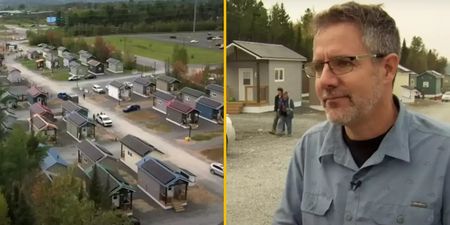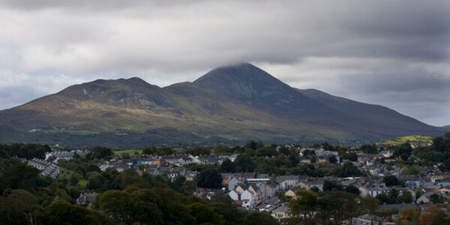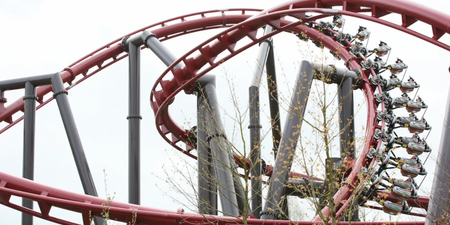All signs are pointing towards a few extra quid in the pocket for Irish workers.
The Central Bank of Ireland has forecast increases in wages for Irish workers during this year and next year, which it forecasts will translate into higher real incomes and an ability to get a foot on the property ladder.
In its latest quarterly bulletin, the Central Bank forecasts that “as the economy gets closer to full employment, wages should rise at a faster pace”, with the growth rate of average hourly earnings set to increase during this year and in 2019 following a modest increase in the second half of 2017.
The Central Bank Bulletin forecasts an increase in earnings of 3.3% on average in both 2018 and 2019.
When applied to the most recent figures from the CSO for the second half of 2017 (which reported average hourly earnings of €22.34 in Ireland), it would push the average figure to above €23 per hour this year and close to €24 per hour next year.
As far as the property market is concerned, meanwhile, the Central Bank predicts that “with inflation expected to remain modest over the next two years, rising wages will translate into higher real incomes and purchasing power for households”.
Given our turbulent recent economic history, while the outlook is mostly positive, a note of caution is sounded in the bulletin, warning that “it is important to recognise the intrinsic volatility of the Irish economy, given its high openness and extensive trade, technological and financial linkages to other economies”.
Unexpected events, it says, can trigger upside or downside revisions to the forecasts, especially in the long-term, and the bulletin urges that “public and private decision makers should ensure that choices are robust to unanticipated outcomes, rather than putting an excessive and unrealistic reliance on our central projections”.
Hear that, Leo and company?
Brexit is also described as one of the “prominent international tail risk factors” Ireland could be exposed to, as well as the changing global taxation and trading environment and exchange rates.
Overall, however, the news is good from the perspective of Irish workers; you can read the bulletin in full here.
LISTEN: You Must Be Jokin’ with Aideen McQueen – Faith healers, Coolock craic and Gigging as Gaeilge











































